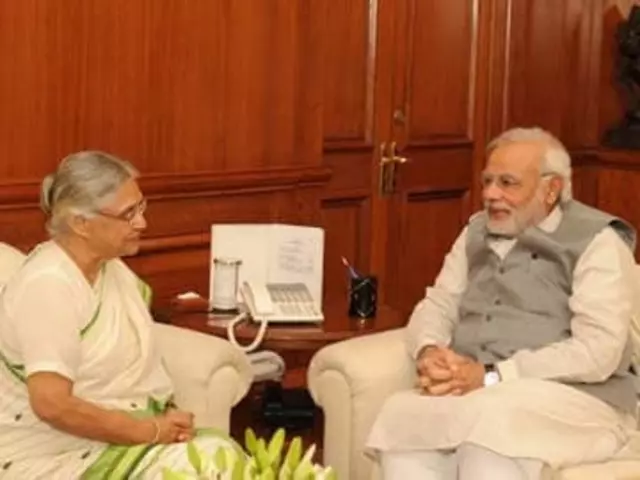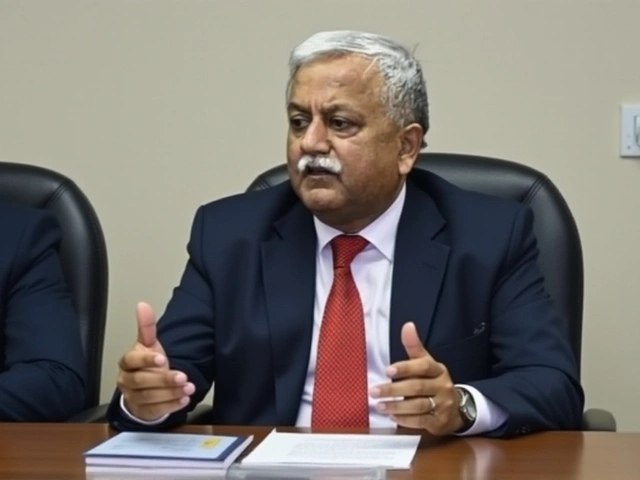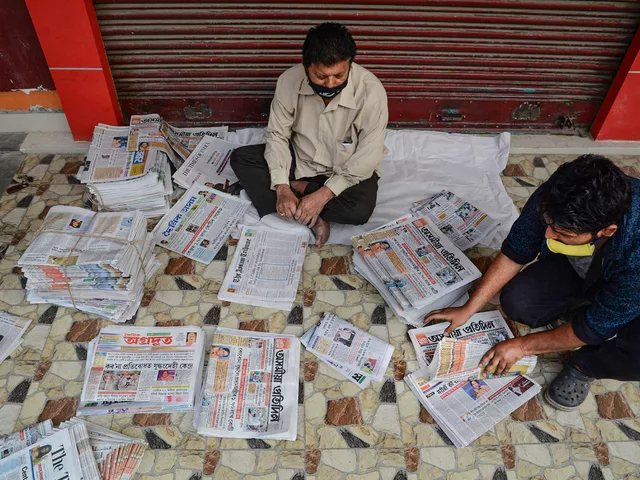Stay: Practical Guide to Living, Renting and Settling
Thinking about where to stay—for a week, a year, or forever? Picking the right place starts with clear priorities: budget, commute, safety, and access to essentials like groceries, healthcare and schools. Whether you plan to move within India or settle abroad, small choices up front save big hassles later.
Find the right neighbourhood
Start by mapping what matters. Need good schools? Look for neighbourhoods with short commutes to top private or public schools. Want a quieter life? Choose residential pockets rather than market areas. If you’re moving to Italy or Nepal, check where expat communities and ethnic grocery stores cluster—these make everyday life easier and ease the language shock. Visit at different times of day to judge traffic, noise and safety.
When renting, inspect the flat for basic issues: plumbing, water pressure, power backup, and mobile signal. Ask about maintenance costs and notice period. For long stays, prefer leases with clear clauses about repairs and deposit returns. If you’re new to the city, a furnished short-term rental gives time to search for the right long-term home.
Manage money, bills and paperwork
Set a realistic monthly budget that includes rent, utilities, groceries, transport and a small buffer for emergencies. In many Indian cities, power and water can add unexpectedly to costs; in Europe, heating or gas bills rise in winter. Open a local bank account early to avoid transfer fees and to receive salary payments. Get a local SIM and use apps for food, taxi and bill payments—these save time and often money.
Prepare essential documents: identity proof, address proof, rental agreement, tax or visa papers. When moving abroad, keep scanned copies of passports, visas, medical records and educational certificates. For families, research school admission timelines—private schools may require early applications and entrance tests.
Safety matters. Talk to neighbours, ask about local police response times, and avoid areas with frequent complaints. For women and families, look for well-lit streets, decent public transport access and community groups. Use trusted taxi apps rather than unregulated services in unfamiliar places.
Health and support networks make a big difference. Register with a local doctor, know the nearest hospital, and join community or expat social groups. For Indians settling abroad, find local cultural associations and grocery stores that stock familiar foods—these reduce homesickness and help with practical tips on bureaucracy.
Finally, be flexible. Initial months are about learning local routines, language basics and hidden costs. Ask questions, be ready to move if the place doesn’t match what you saw, and build routines that make the place feel like home fast.

Should I stay in India or migrate to the USA?
Struggling to decide whether to stay in India or migrate to the USA? Weighing up the pros and cons of each nation can help you make the decision. India is home to a rich culture and history, with a diverse population, vibrant cities, and beautiful landscapes. Meanwhile, the USA offers world-class education, a variety of career opportunities, and a high quality of life. Ultimately, it is up to you to decide which country best suits your needs and lifestyle. Consider the advantages and disadvantages of each and make an informed decision. With a bit of research, you can make the right choice for you and your future.
Immigration Advice



